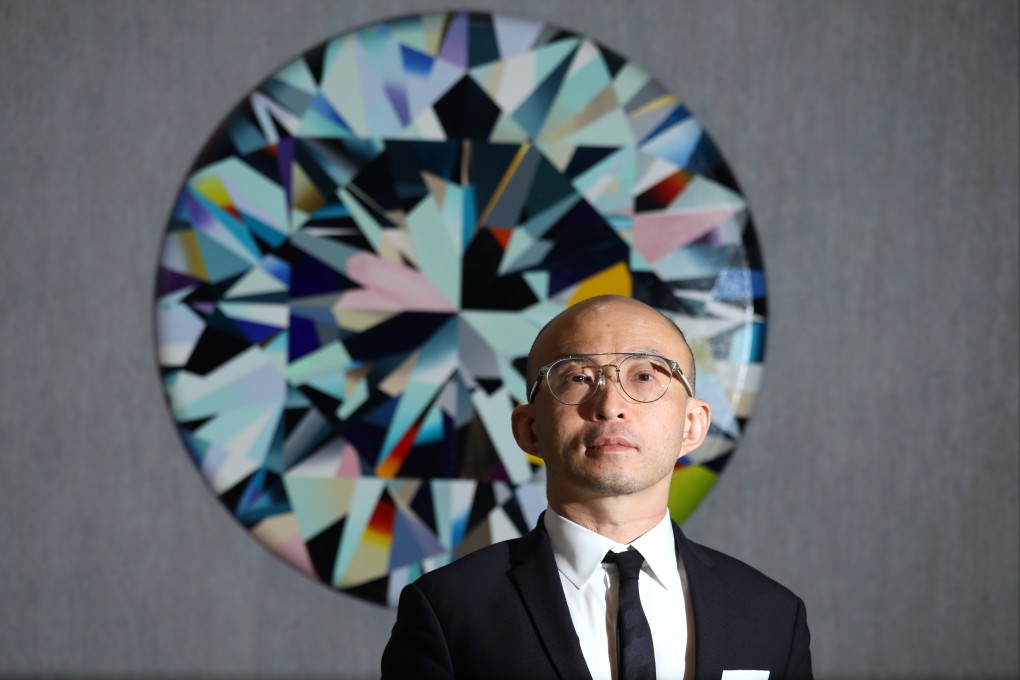Top tech deal maker warns China’s venture capital winter is far from over
- Investors in private equity and venture capital funds, known as limited partners, are becoming a lot more selective before committing capital
- Venture capital and private equity funds raised US$3 billion in the first four months of 2022, down more than 90 per cent compared to a year ago

Chinese start-ups will struggle to attract investment throughout 2022 and possibly beyond, one of the country’s most successful deal makers said, adding to a chorus of warnings about a reckoning for global tech firms after years of easy money.
Investors in private equity and venture capital funds, known as limited partners, are becoming a lot more selective before committing capital, Bao Fan, founder of China Renaissance Holdings, told Bloomberg News in Hong Kong. The industry may be witnessing the start of a longer-term shift in the geography and type of investor, as American and risk-averse backers begin to cool on China, he said in an interview.
“It’s very difficult for new funds – especially the first-timers – to raise capital under current circumstances,” the 52-year old financier said. “No one knows when this will end.”
The former Morgan Stanley and Credit Suisse banker should know. He has had his finger on the pulse of China’s tech and VC ecosystem over the past two decades, having been an early investor in big names like Didi Global and Meituan as well as a bookrunner on JD.com’s US$2 billion US initial public offering in 2014. Last year, his company was a top underwriter for Kuaishou Technology’s Hong Kong listing, the biggest internet IPO since Uber Technologies’ debut in 2019.
His near-term outlook adds to a frosty mood around investments into China, which was recently dubbed “uninvestable” by JPMorgan Chase & Co analysts following a withering year of government regulations, Covid-19 disruptions and geopolitical tensions battering the country’s economy. JPMorgan analysts later revised that assessment.
“At the end of the day, investment is to make money,” Bao said. “If the market is not good, it will definitely affect everybody’s enthusiasm for investment.” The Nasdaq Golden Dragon China Index – a benchmark tracking Chinese stocks listed in the US – slid roughly 20 per cent this year. Meanwhile, Hong Kong’s closely-watched Hang Seng Index has fallen 9 per cent.
Fundraising for new ventures in the country has fallen off a cliff, mirroring the performance of its best-known tech stocks like Alibaba Group Holding (owner of the Post) and Tencent Holdings, which have been in the crosshairs of a wide-ranging Beijing crackdown on internet firms. Venture capital and private equity funds raised US$3 billion in the first four months of 2022, marking a decline of more than 90 per cent compared to a year ago, according to estimates from industry data provider Preqin.
Markets all over the world are going through a painful rethink about the lofty valuations they have put on tech stocks, and China is leading the way with a decline in VC deals this year that is nearly four times the pace of the global slide, Preqin’s figures showed.